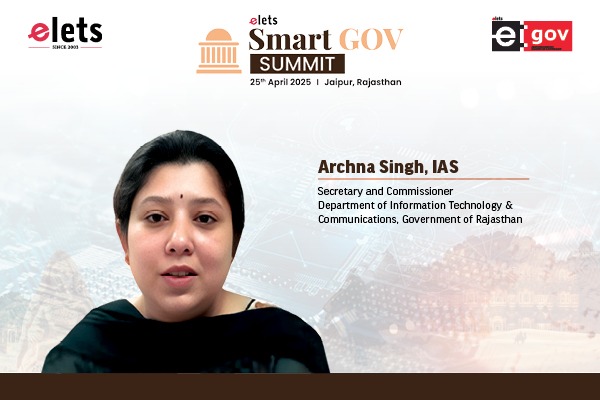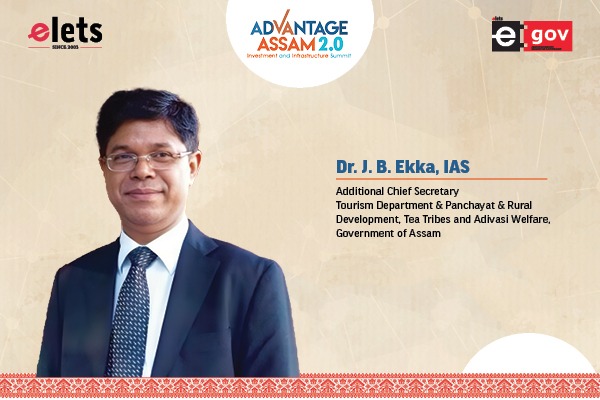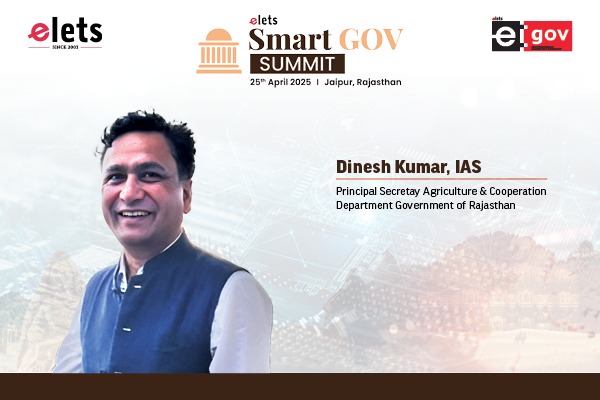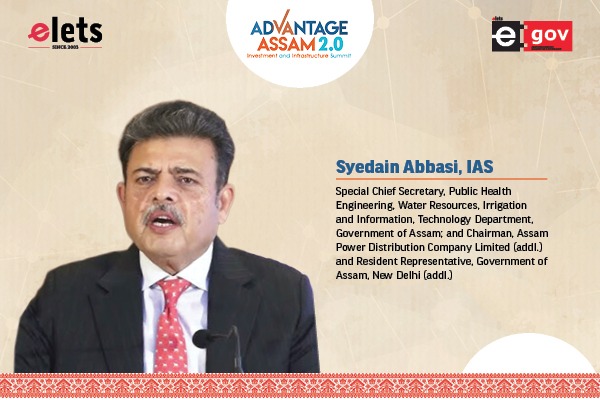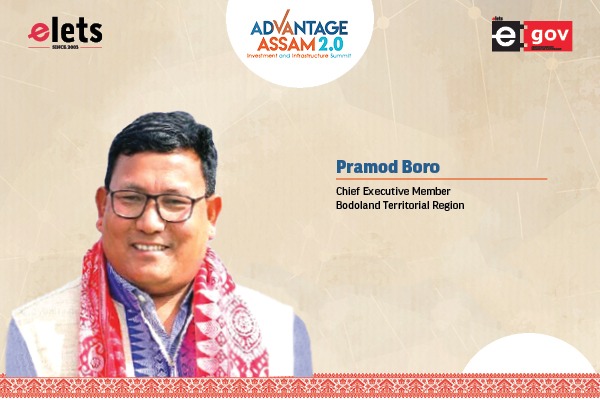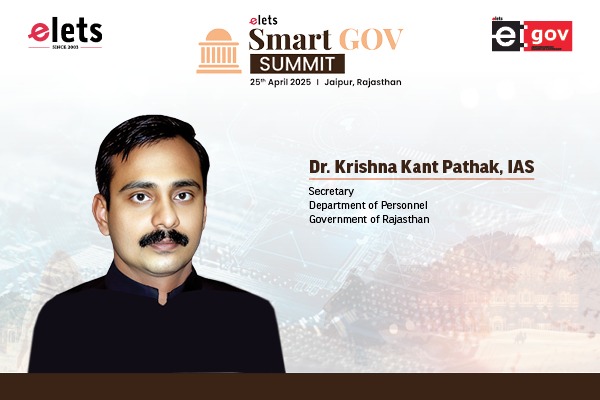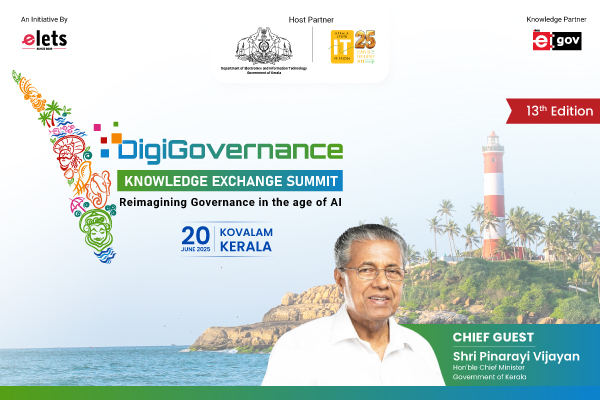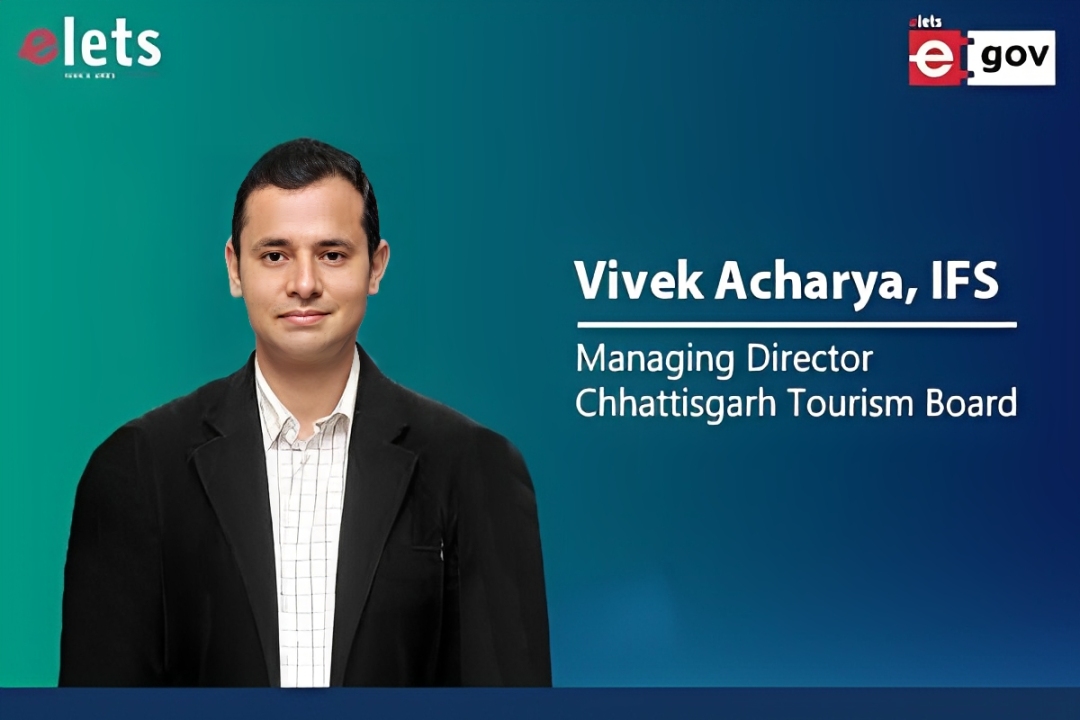
In the API world, interoperability remains a significant hurdle. When we envision unified databases, seamless data exchange between systems becomes paramount. It’s akin to aligning the different languages spoken by various departments within a government enterprise. This challenge underscores the importance of platforms and architectures that facilitate data harmonization.
One of the projects I’d like to highlight is the Digital Survey Project currently underway in the state. Spearheaded by the Survey and Revenue Departments, this initiative aims to digitally survey 1,550 villages using cutting-edge technologies. Also, NIC has developed software, the ‘Re-survey Management Information System software,’ to assist surveyors in this monumental task.

However, as we progress with the digital survey, we encounter the need for interoperability. Pre-survey maps and existing departmental data must be seamlessly integrated. To address this, NIC has developed ‘BhuNaksha,’ a GIS solution for map creation and manipulation. As the survey progresses, the challenge of integrating diverse datasets looms large.

Consider the complexity involved when a citizen seeks to transact with multiple government departments for a single land-related service. The process involves navigating through revenue, registration, and survey departments. It’s evident that simplifying citizen interactions necessitates a paradigm shift towards integrated solutions.

Enter the ‘ENDI’ project, supplementing the Digital Survey Project. Its goal? To ensure that citizens interact with just one interface throughout their government journey. This ambitious endeavor demands not only technological prowess but also a reimagining of service delivery models.

Another notable initiative is the e-District project, which aims to consolidate various government services under a single digital umbrella. Over the past 13 years, this project has demonstrated sustainability and scalability, with millions of transactions conducted seamlessly.
NIC’s initiatives extend beyond project implementation. With centers focusing on microservices, mobile app development, and application security, NIC is catalyzing technological innovation within the state. Therefore, addressing data interoperability challenges is imperative to fully realizing these endeavors’ potential.
National-level initiatives like the NPX (National Public API Exchange Gate) provide a framework for data exchange. Yet, achieving seamless integration requires a holistic approach. We must view government as an enterprise, necessitating the establishment of common platforms and standards.
Challenges persist, from disparate data formats to varying digital signature mechanisms. However, we can pave the way for transformative change by adopting enterprise architecture principles and sector-specific strategies.
Ultimately, the journey towards interoperable government data leads us to the cloud – specifically, Amazon Web Services (AWS). With its robust infrastructure and scalability, AWS serves as the cornerstone for hosting and managing vast repositories of government data.
In conclusion, while the road to data interoperability may be fraught with challenges, it presents unparalleled opportunities for innovation and efficiency. By leveraging technological advancements and fostering collaboration, we can unlock the full potential of government data, propelling our nation towards a digital future.
Views expressed by: Dr. Manoj P.A., Senior Director (IT), National Informatics Centre (NIC), Ministry of Electronics & Information Technology, Government of India, at the 12th eGov Knowledge Exchange Summit, held on October 20, 2023, in Thiruvananthapuram, Kerala.
Be a part of Elets Collaborative Initiatives. Join Us for Upcoming Events and explore business opportunities. Like us on Facebook , connect with us on LinkedIn and follow us on Twitter, Instagram.
"Exciting news! Elets technomedia is now on WhatsApp Channels Subscribe today by clicking the link and stay updated with the latest insights!" Click here!




